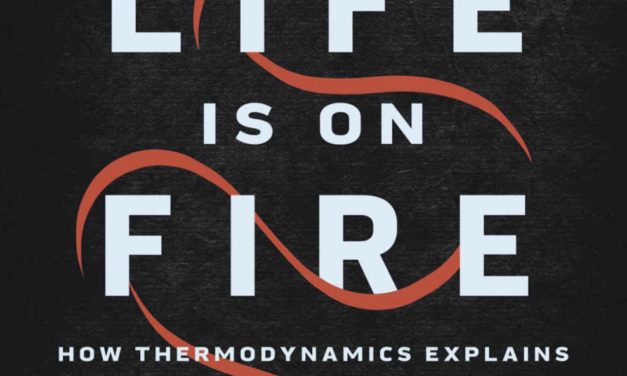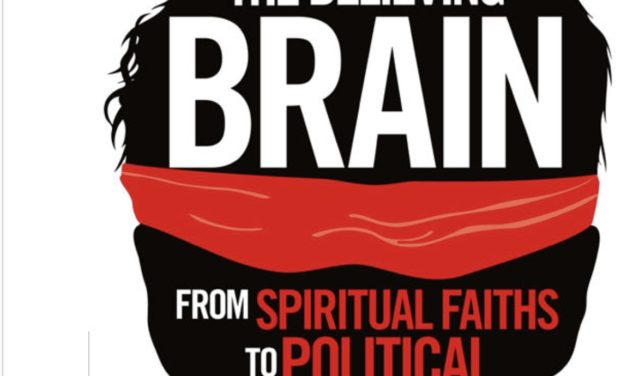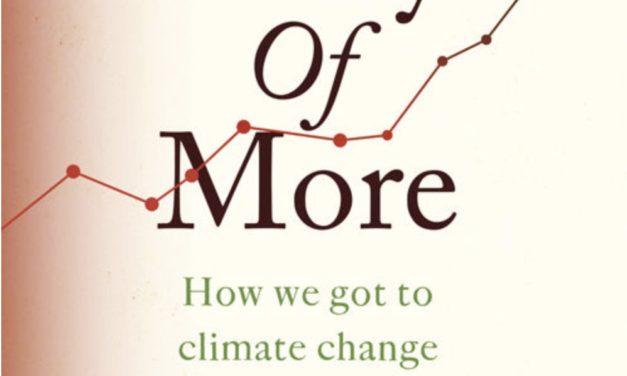Every Life is on Fire: How Thermodynamics Explains the Origins of Living Things
For centuries, the scientific question of life’s origins has confounded us. But in Every Life Is on Fire, physicist Jeremy England argues that the answer has been under our noses the whole time, deep within the laws of thermodynamics. England explains how, counterintuitively, the very same forces that tend to tear things apart assembled the first living systems.
But how life began isn’t just a scientific question. We ask it because we want to know what it really means to be alive. So England, an ordained rabbi, uses his theory to examine how, if at all, science helps us find purpose in a vast and mysterious universe. — Amazon.co.uk





